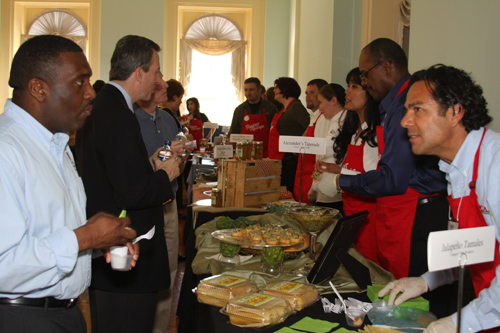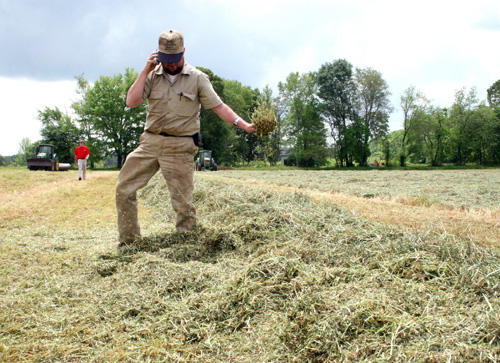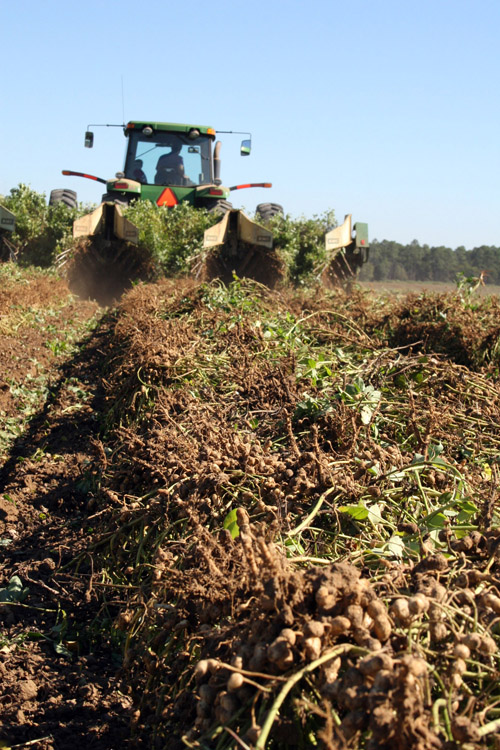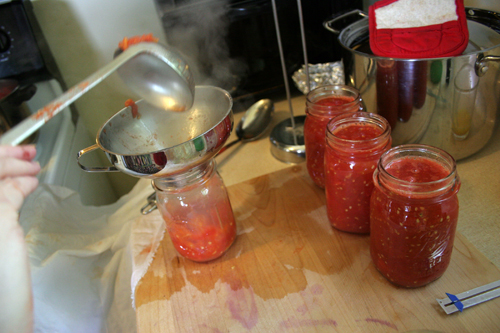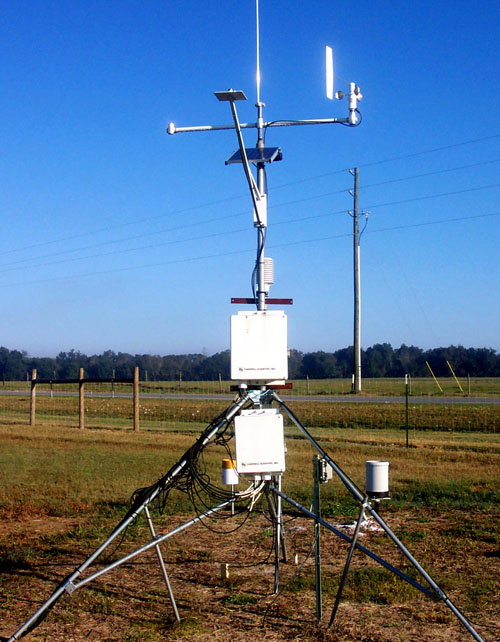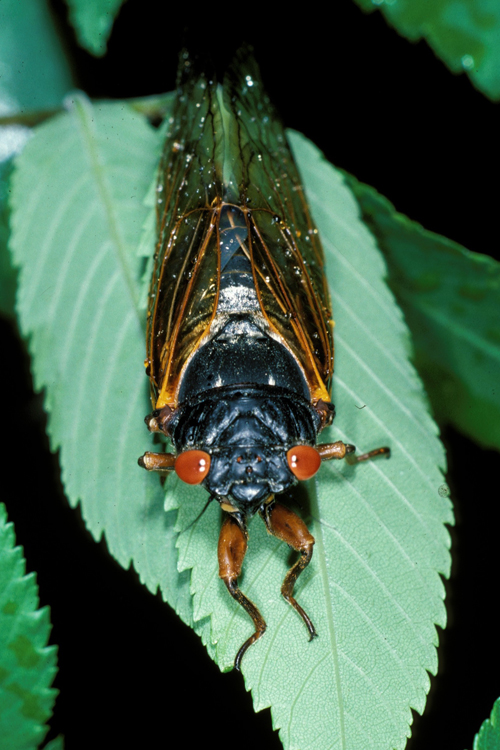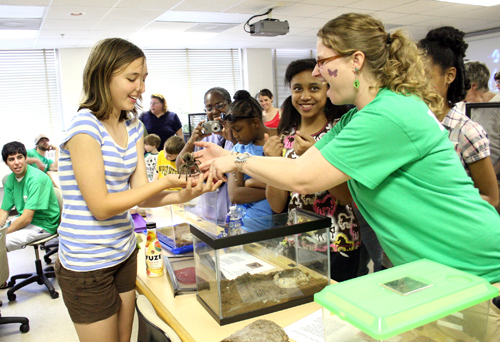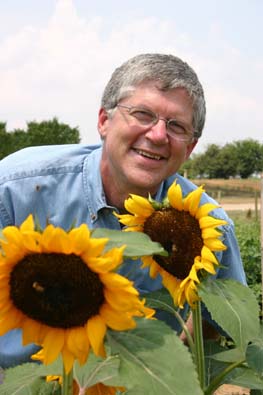 CAES News
CAES News
Your Southern Garden 2011 season premieres April 2
“Your Southern Garden” with Walter Reeves, a regional educational television show, will start its 2011 season April 2, just in time to get Southern gardeners geared up and ready for spring planting.

